
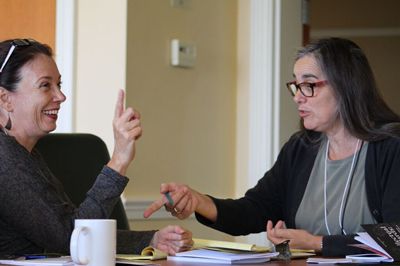
A key insight into content (and into thinking) is that all content represents a distinctive mode of thinking. Math becomes intelligible as one learns to think mathematically, biology as one learns to think biologically, history as one learns to think historically, and so forth. This is true because all subjects are generated by thinking, organized by thinking, analyzed by thinking, synthesized by thinking, expressed by thinking, evaluated by thinking, restructured by thinking, maintained by thinking, transformed by thinking, learned by thinking, understood by thinking, and applied by thinking. If you try to take the thinking out of content, you have nothing - literally nothing - remaining. Learning to think within a unique system of meanings is the key to learning any content whatsoever.
This session will explore the intimate, indeed the inseparable, relationship between content and thinking. It is best suited for higher-education faculty.
This session is designed for teachers and administrators concerned with helping students learn to use tools of critical thinking in studying and learning on a typical classroom day. It will focus on the essence of what it means to study academic subjects with discipline. It does not aim to take the intellectual work out of learning, which would be an insult to the intelligence of our students. It will contribute, rather, toward making intellectual work and deep learning more manageable, practical, and intuitive. Our goal is to foster lifelong learning and the traditional ideal of a liberally-educated mind: a mind that questions, probes, and masters varietal forms of knowledge through command of itself, intellectual perseverance, and the tools of learning.
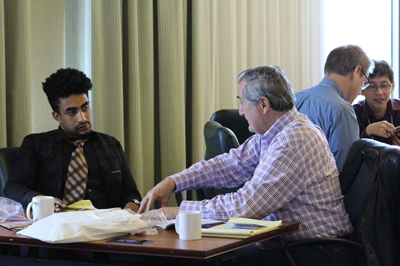
In this session, we will emphasize those foundational intellectual structures and standards of reasonability worth learning explicitly and in themselves, since they help us more deeply interconnect and understand everything we learn. We will also emphasize foundational intellectual dispositions and values that define the disciplined thinker in all fields: intellectual autonomy, intellectual humility, intellectual integrity, intellectual perseverance, intellectual empathy, confidence in reason, and fairmindedness.
What is worth learning is worth learning well, and there is nothing better worth learning than the very process of learning itself - the development, through systematic intellectual work of the arts, habits, and strategies of a DISCIPLINED mind. In this session, we will come to know better how we can reach students with these essential understandings, which are implied by a rich approach to critical thinking in teaching and learning at all levels and in all classes.
Both of the sessions on day one will lay the foundation for the following two days,. Both sessions will introduce you to some of the most basic understandings in critical thinking – namely, how to analyze thinking, how to assess it, and how to develop and foster intellectual virtues or dispositions.
One conceptual set we will focus on is the elements of reasoning, or parts of thinking. These elements or parts are the essential dimensions of reasoning present whenever and wherever reasoning occurs, independent of whether we are reasoning well or poorly. Working together, these elements shape reasoning and provide a general logic to the use of thought. They are presupposed in every subject, discipline, and domain of human thought.
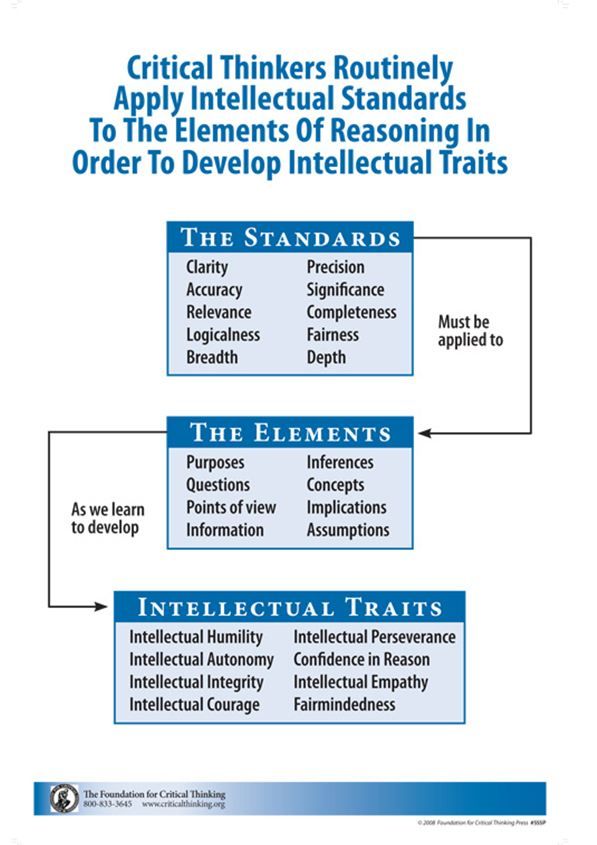
A second conceptual set we will focus on is that of universal intellectual standards. One of the fundamentals of critical thinking is the ability to assess reasoning. To be skilled at assessment requires that we consistently take apart thinking and examine its parts with respect to standards of quality. We do this using criteria based on clarity, accuracy, precision, relevance, depth, breadth, logicalness, and significance. Critical thinkers recognize that whenever they are reasoning, they reason to some purpose (element of reasoning). Implicit goals are built into their thought processes. But their reasoning is improved when they are clear (intellectual standard) about that purpose or goal. Similarly, to reason well, they need to know that - consciously or unconsciously - they are using relevant (intellectual standard: relevance) information (element of reasoning) in their thinking. Furthermore, their reasoning improves if and when they make sure that the information that they are using is accurate (intellectual standard: accuracy).
A third essential conceptual set in critical thinking is that of intellectual virtues or traits. Critical thinking does not entail merely intellectual skills. Rather, it is a way of orienting oneself in the world. It is a way of approaching problems that differs significantly from that which is typical in human life. People may have critical thinking skills and abilities, yet still be unable to enter viewpoints with which they disagree. They may have critical thinking abilities, yet still be unable to analyze the beliefs that guide their behavior. They may have critical thinking abilities, yet still be unable to distinguish between what they know and what they don't know, to persevere through difficult problems and issues, to think fairmindedly, or to stand alone against the crowd. Thus, in developing as a thinker and fostering critical thinking abilities in others, it is important to develop intellectual virtues - virtues of fairmindedness, intellectual humility, intellectual perseverance, intellectual courage, intellectual empathy, intellectual autonomy, intellectual integrity, and confidence in reason.
Finally, we will illuminate two intrinsic barriers to critical thinking development: egocentric and sociocentric thought. These natural pathological tendencies will be briefly introduced and explored.
In short, we introduce, on the first day of our academy, the foundations of fairminded critical thinking.
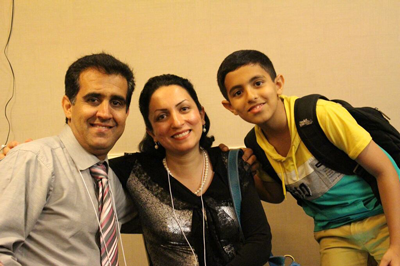
One of the main goals of instruction is to help the student internalize the most basic concepts within subjects and learn to think through questions in everyday life using those concepts. Critical thinking in biology is biological thinking. Critical thinking in anatomy is anatomical thinking. Critical thinking in literature is thinking the way a knowledgeable, sensitive, reasonable reader thinks about literature. A discipline is more than a body of information: it is a distinctive way (or set of ways) of looking at the world and thinking through a set of questions about it. It is systematic, and has a logic of its own.
In this session, participants will think through the logic of a discipline of their choosing. They will also focus on teaching the logic of their discipline so that students internalize, as a life-long acquisition, the way of thinking inherent in that discipline.
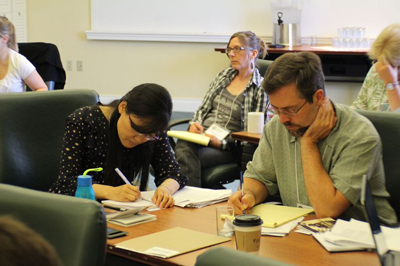
Bringing critical thinking into the K-12 classroom entails understanding the concepts and principles embedded in critical thinking, and then applying those concepts throughout the curriculum. It means developing powerful strategies that emerge when we begin to understand critical thinking.
In this session, we will focus on strategies for engaging the intellect at the K-12 level. These strategies are powerful and useful, because each is a way to routinely engage students in thinking about what they are trying to learn as they are learning. Many of the strategies offer students methods for questioning, and for appropriately analyzing and assessing, the ideas they are "receiving" in the schooling process. Each strategy represents a shift of responsibility for learning from teacher to student.
In short, this session provides ways to help your students learn to do the (often) hard work of learning.
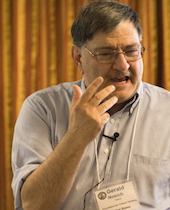
Dr. Gerald Nosich is an authority on critical thinking and Senior Fellow at the Foundation for Critical Thinking; he has given more than 150 national and international workshops on the subject. He has worked with the U.S. Department of Education on a project for the National Assessment of Higher Order Thinking skills, has served as the Assistant Director of the Center for Critical Thinking, and has been featured as a Noted Scholar at the University of British Columbia. He is Professor Emeritus at both SUNY Buffalo State and the University of New Orleans. He is the author of two books including Learning to Think Things Through: A Guide to Critical Thinking Across the Curriculum.
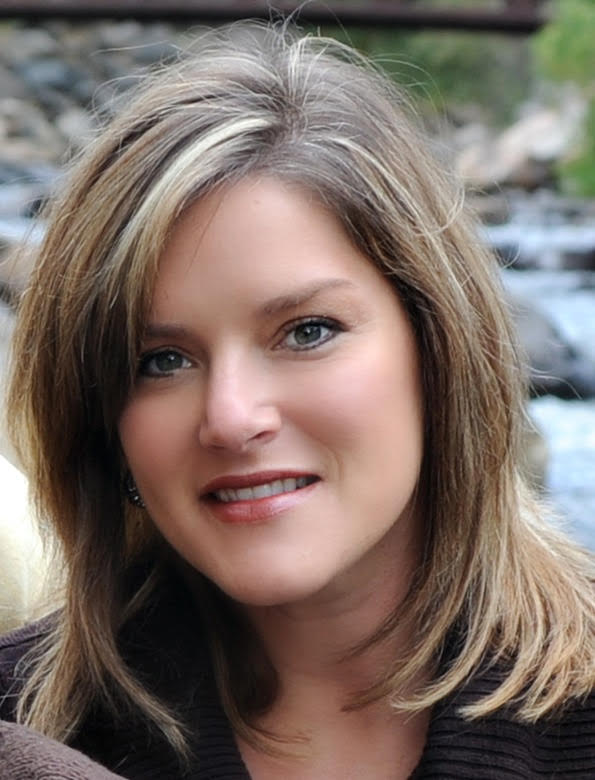
Carmen Polka has worked diligently to infuse critical thinking into her classroom instruction, curriculum, and assessment for more than 15 years. Focused on transforming education through implementation of quality instructional practices, Ms. Polka instigated and co-authored the writing of the Colorado Academic State Standards targeting research and reasoning based on the Paul-Elder framework. As a leader and critical thinking expert in her district, she led professional development and coached K-12 teachers to effectively utilize Paulian theory. Ms. Polka is a Doctoral candidate in the Educational Leadership and Policy Studies program at the University of Northern Colorado. In addition, she is a licensed Elementary teacher, K-12 Special Education teacher, and licensed principal.